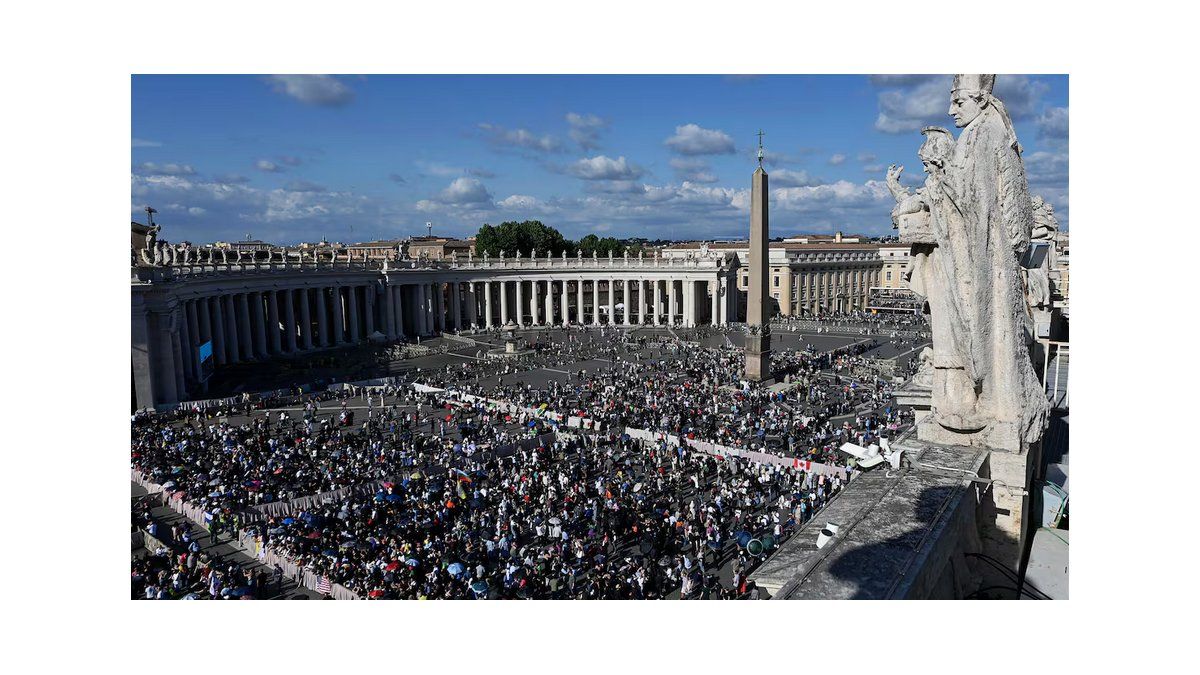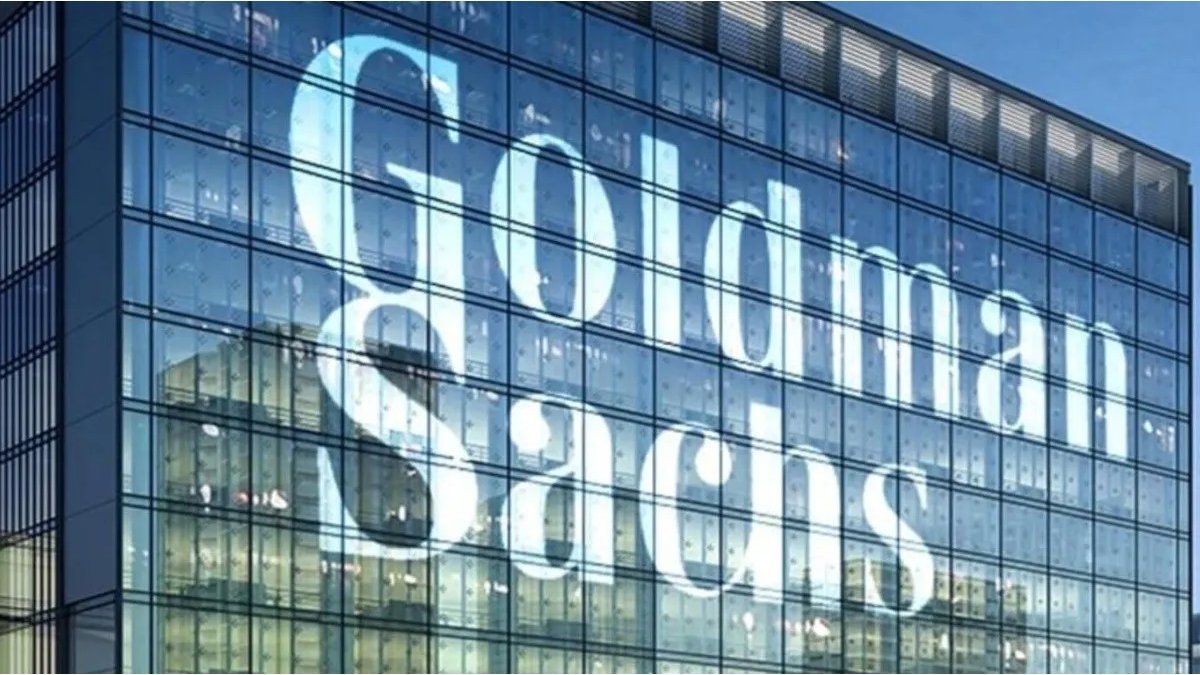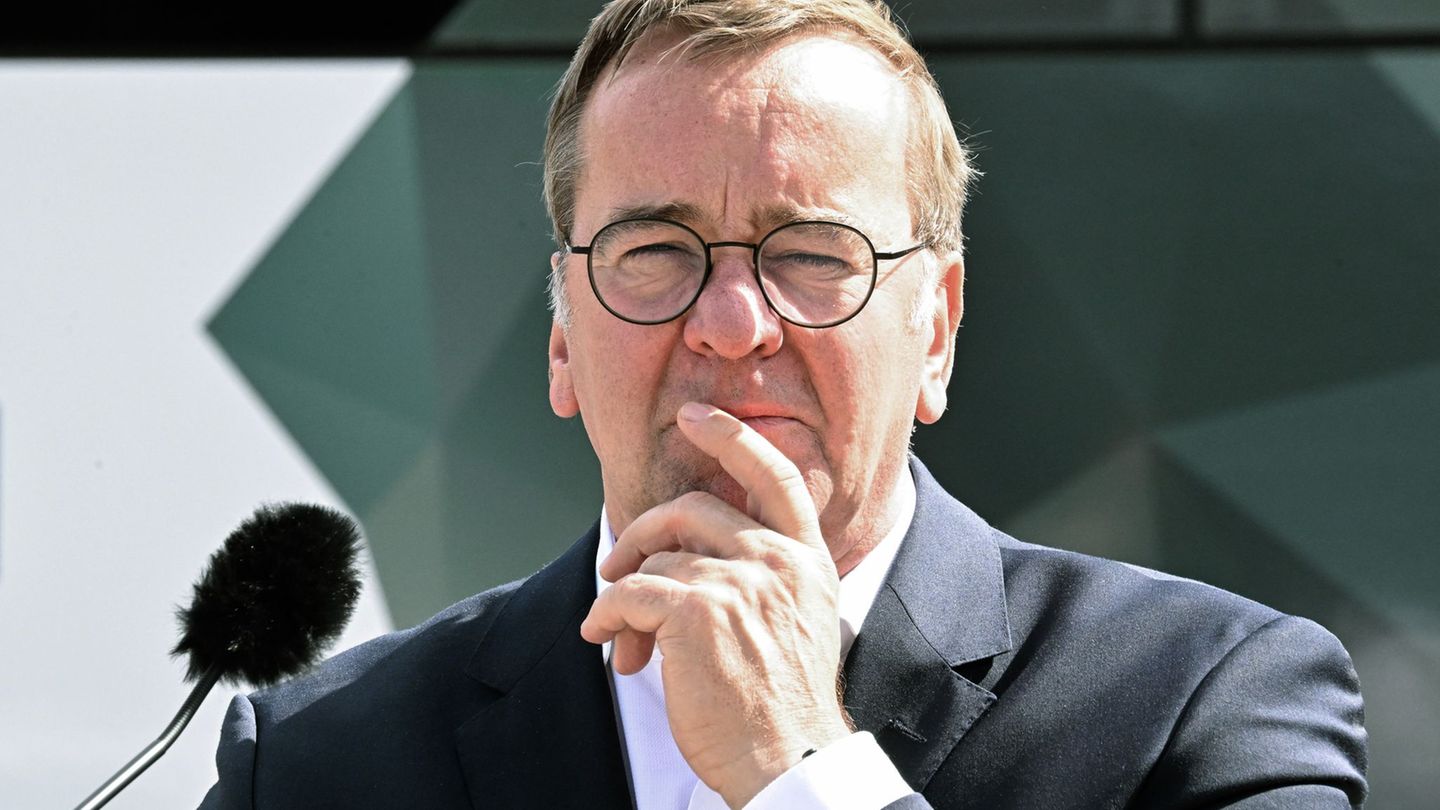Montevideo is about to have a single large supplier company Cable TV from the merger of the three most important companies in the country into a consortium: Montecable, New Century and TCC. The proposal was approved by the Regulatory Unit for Services Communications (Ursec) and the legal unity of the Ministry of Industry, Energy and Mining (MIEM)although the signature of Presidency.
People are watching less and less cable TV, due to the different streaming services and the possibility of watching favorite programs online. As a result, cable TV providers have been losing users since the second half of 2019, going from 259,000 customers in Montevideo to 176,000.
This reality was the argument presented in 2023 by cable companies to obtain the D license and be enabled to sell Internet services. and it is the same one that Montecable, Nuevosiglo and TCC —owned by Channel 4, Channel 12 and Channel 10, respectively— are now using to merge into a consortium that, if carried out, would control 53% of the capital market.
According to the companies, this context “has produced the obsolescence of the structures through which they have been developing their activity until now and it is imperative and urgent to reformulate them to preserve the viability of companies, applying a new scheme that allows for optimizing resources, unifying offers, gaining efficiency and incorporating new and better services for users and consumers,” according to the application document submitted to the MIEM.
The approval of Ursec
Although the merger would not only concentrate 53% of the Montevideo market in a single set of hands, it would also mean that this consortium would be the only major player authorized to offer cable and internet services; Ursec gave the go-ahead to the operation, according to El Observador, with votes in favor from the president of the entity Mercedes Aramendia and of Gustavo Delgado, of the National Party, and the opposing vote of Pablo Siris of the Broad Front.
Among the arguments put forward to give the green light to move forward along the merger line – the approval of the Presidency is also lacking – the regulatory body considered that there is no concentration, but the consortium is to operate more efficiently.
Regarding the analysis of the telecommunications marketAramendía stressed that not only cable operators were taken into account, but the entire content market, including streaming. “It is interpreted as the sum of TV for subscribers plus streaming, which responds to the current demand of users.” To this end, he highlighted figures from the latest report on the telecommunications market, such as that 57% of people use TV on a daily basis to connect to the Internet, and the most popular activity is the consumption or downloading of multimedia content online. He also noted that around 50% of the hours spent on audiovisual entertainment are on streaming platforms; and that in the last three years, the drop in pay TV subscribers is more than 23%, while fixed broadband data traffic increased more than 63% and mobile broadband more than 88%.
For Ursec, the most important competition at the moment in the sector is given in fixed data. However, the president of the organization pointed out that “it is essential to increase the offer for the development and benefit of society.”
The competition scenario for Antel
Another aspect that opens in the debate after the news of the possible merger of the cable operators is that a single major competitor would enter the market in terms of internet services for Antel. At a time, moreover, when the possibility of these companies using the fiber optic infrastructure of the state company to provide service to homes.
Some of the criticisms in this regard revolved around the use by the private sector of the state investment of 1,000 million dollars, now in a way that would become unfair due to the merger of Montecable, Nuevosiglo and TCC.
According to the director of Antel for the Frente Amplio, Daniel Larrosa, In an interview with La Diaria, “it is understandable that companies are joining forces to try to reduce costs and try to impose themselves beyond Antel.” “They are making their move to corner the largest market, the problem is how Antel reacts, which for the moment seems to be by collaborating,” he added.
For the leader, the creation of a model that offers coverage to 90% of Uruguayan homes “meant that there would be no competitor,” but, since it has already been opened, now the public telecommunications company does not have to “collaborate,” but rather has to “compete”.
Source: Ambito




